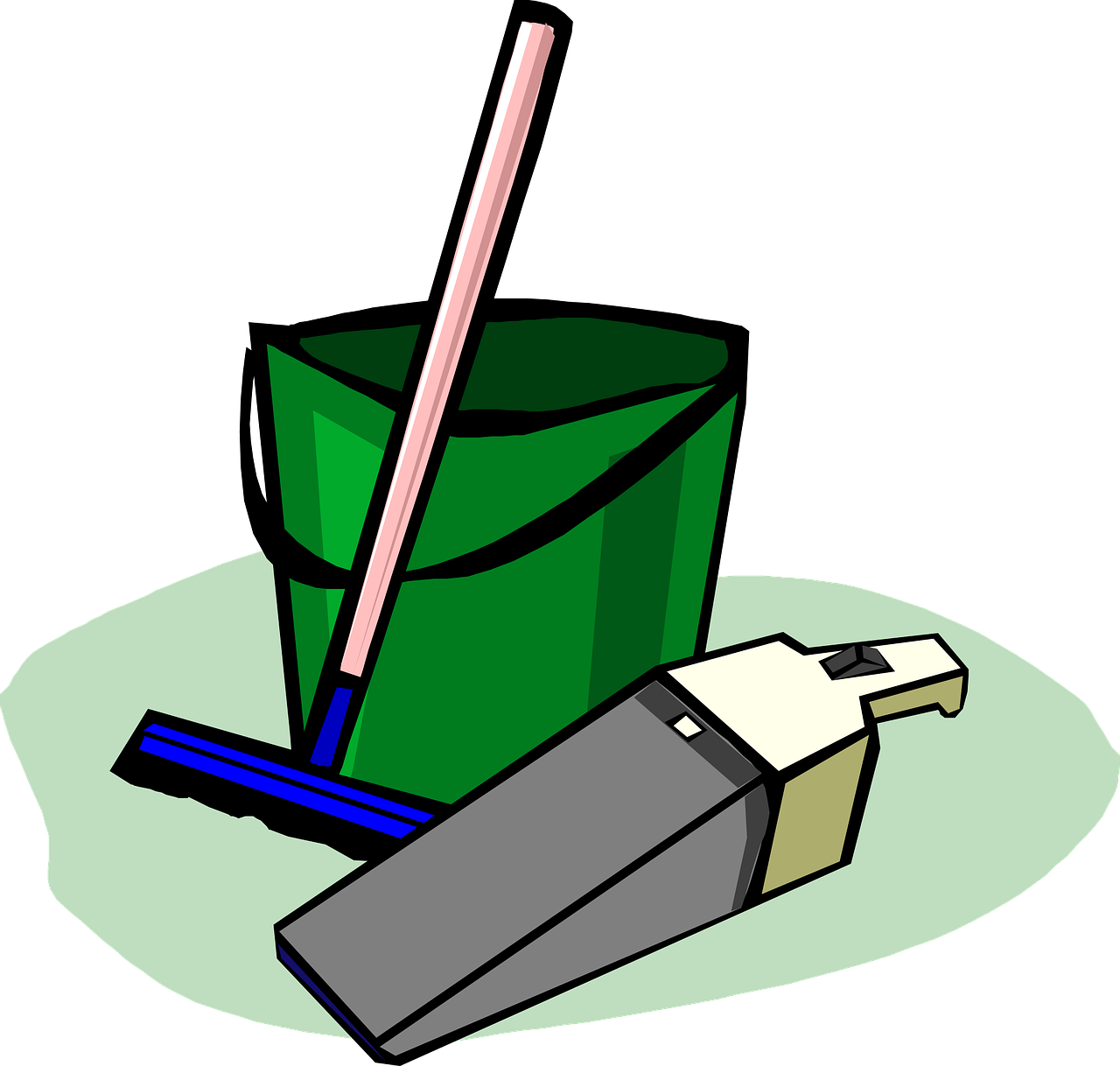How Can You Clean CIPP Pipes

A blockage in your cured in place pipes doesn’t have to be a disaster. If you’re wondering how to clean CIPP, don’t despair. Handling cured in place pipes doesn’t have to be that much different than handling other types of piping. Keep these rules in mind while you clean up, and you’ll know how to clean CIPP.
Hot water
If you have reason to believe that the clog is close to the surface and probably organic material, you can use the age old technique of pouring hot water down the drain. A fully cured pipe won’t be susceptible to heated water. This is especially true if you’re just sending down one kettle or pot full of water. If you’ve relined your sewer line or kitchen line, this could handle your problem entirely. If you notice back up, don’t keep trying; the blockage is withstanding the heat, and you’re just adding water to the problem.
Plunging
If you have a surface problem, you can also try to plunge the problem out. Your CIPP system is able to withstand the pressure of plunging, so go right ahead. CIPP systems are not significantly more delicate. In some cases, a cured in place pipe might actually be stronger than the pipe that it replaced. Like the hot water cure, this is only going to help if your blockage is close to the surface. If you plunge a few times and nothing comes up, you’re probably going to have to call a local CIPP expert to take a look at your system.
Use caution with chemicals
Most of the common cleaning chemicals are safe for use in your CIPP system. However, there are one or two that react with the plastic in your cured in place pipes. If you’re thinking of using a standard drain cleaner, reach out to your local CIPP experts first. They know how to clean CIPP, and will be able to inform you which chemicals work well on your own pipe. Due to the mix and match nature of CIPP and chemicals, there’s no fast and easy answer about which chemicals you should always avoid. It depends on the specific epoxy or resin used to install your system.
No scraping
One thing that you (and any plumbers you hire) should never do is scrape the pipe. It’s a fairly common process to break up blockage by going into a pipe and scraping it. CIPP pipes are as strong as metal pipes in terms of pressure and flow, but they are more vulnerable to nicks and scrapes. A metal fan slicing through the blockage could also do damage to your pipes. Scraping your pipes is just one option. Your plumber or your local CIPP experts will be able to find an alternative. When you’re looking for how to clean CIPP it pays to investigate alternative methods of cleaning.
In general, you can find out how to clean CIPP by looking at standard “how to remove blockages” posts online. Hot water and plunging are great for fairly close by blockages. If your problem is more severe, consult your local CIPP experts to either find a chemical cleaner or to find a plumber who works on CIPP.